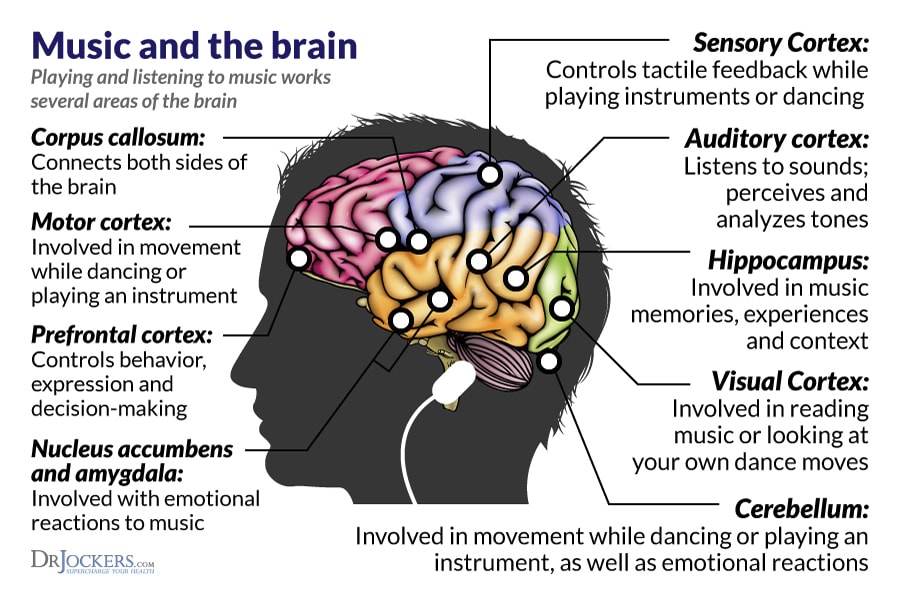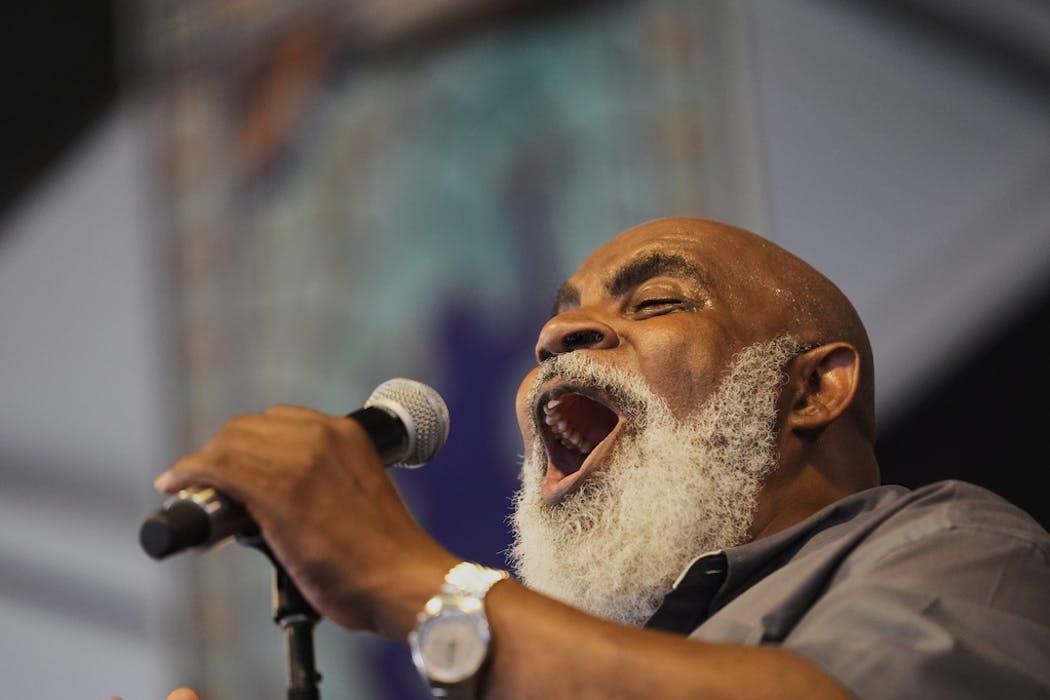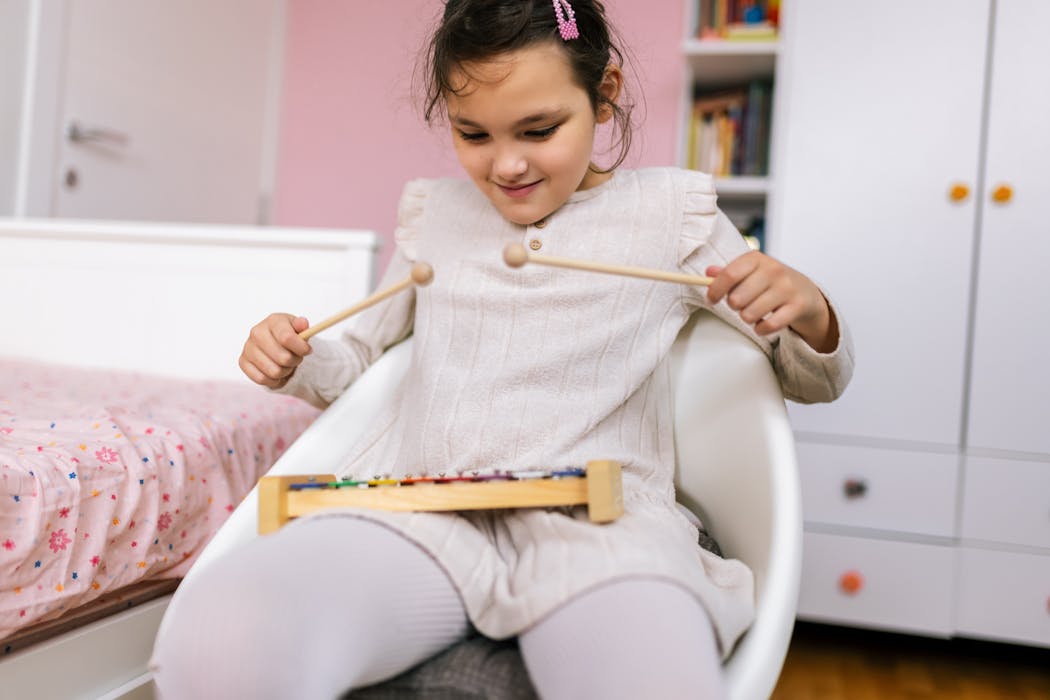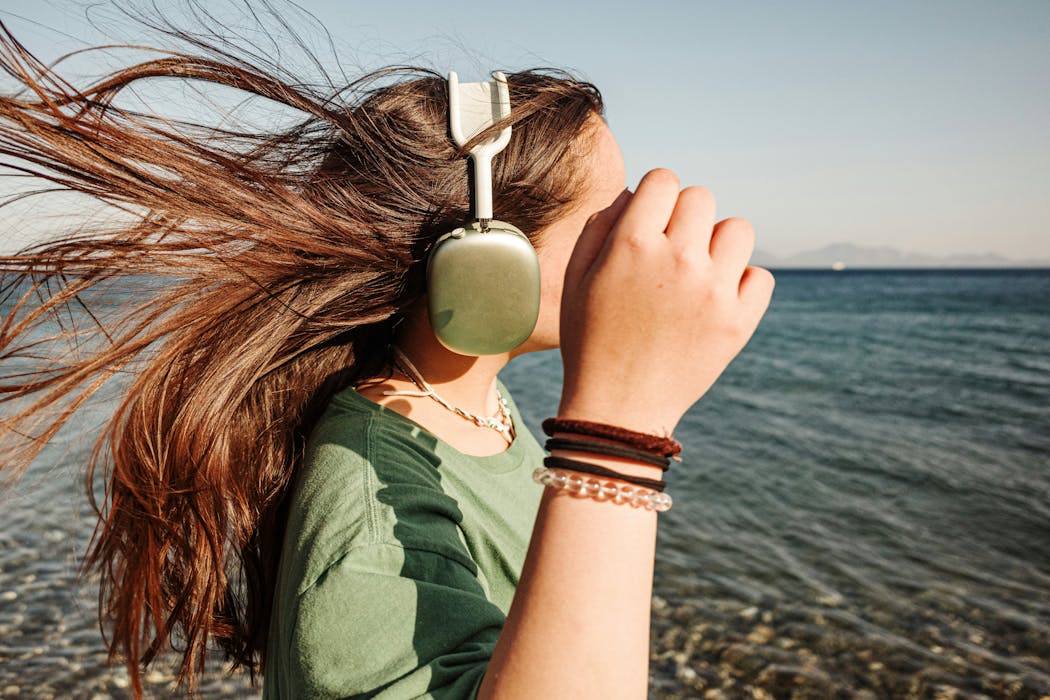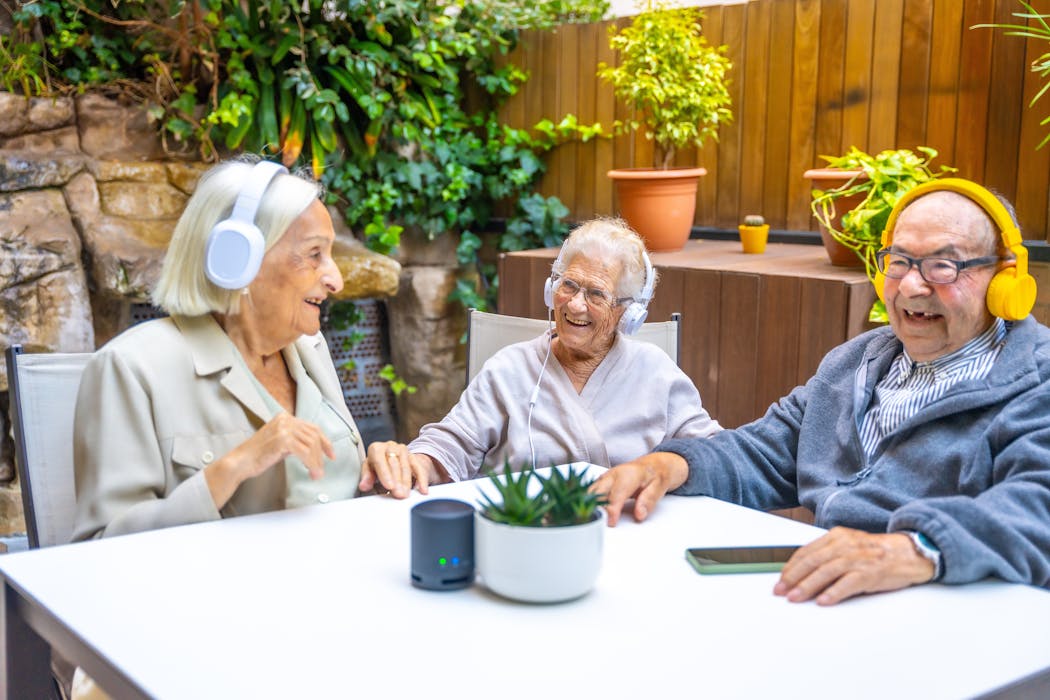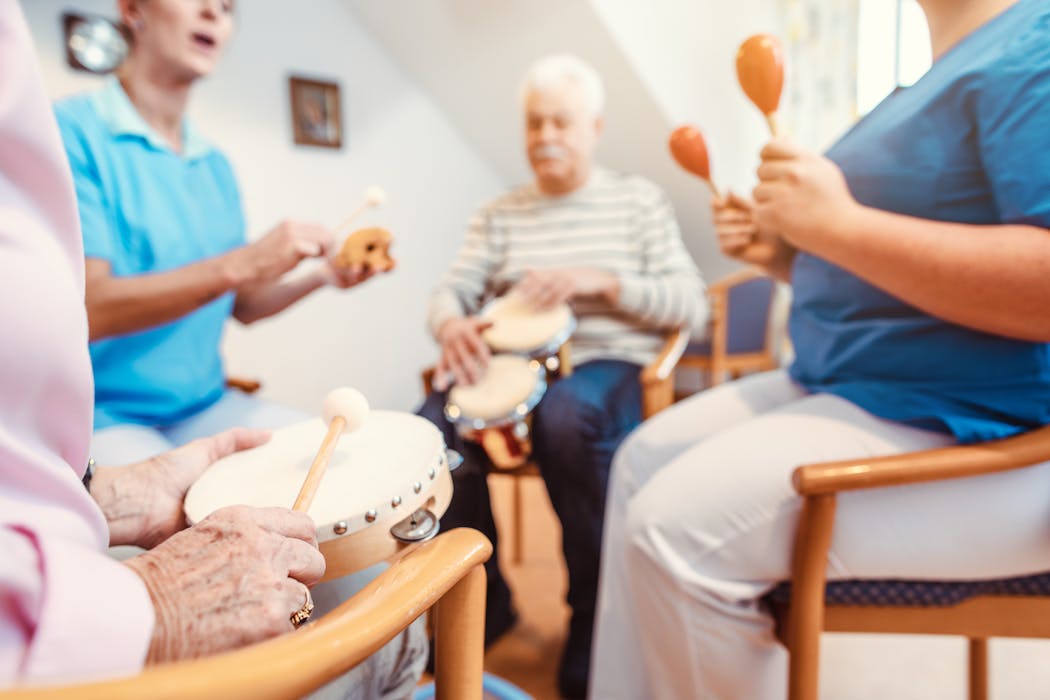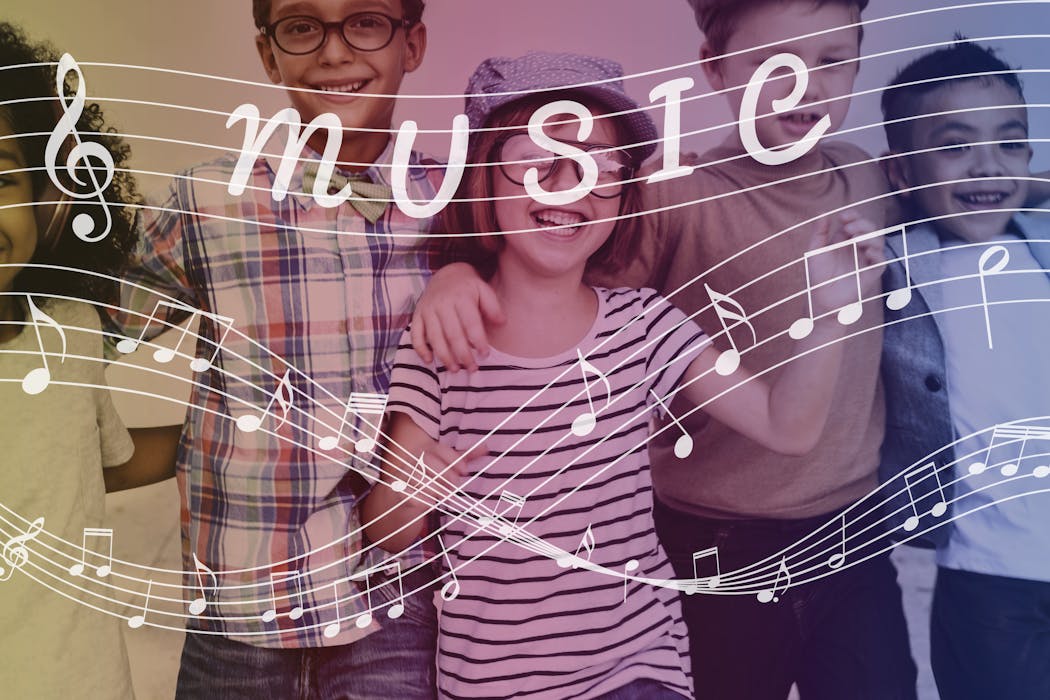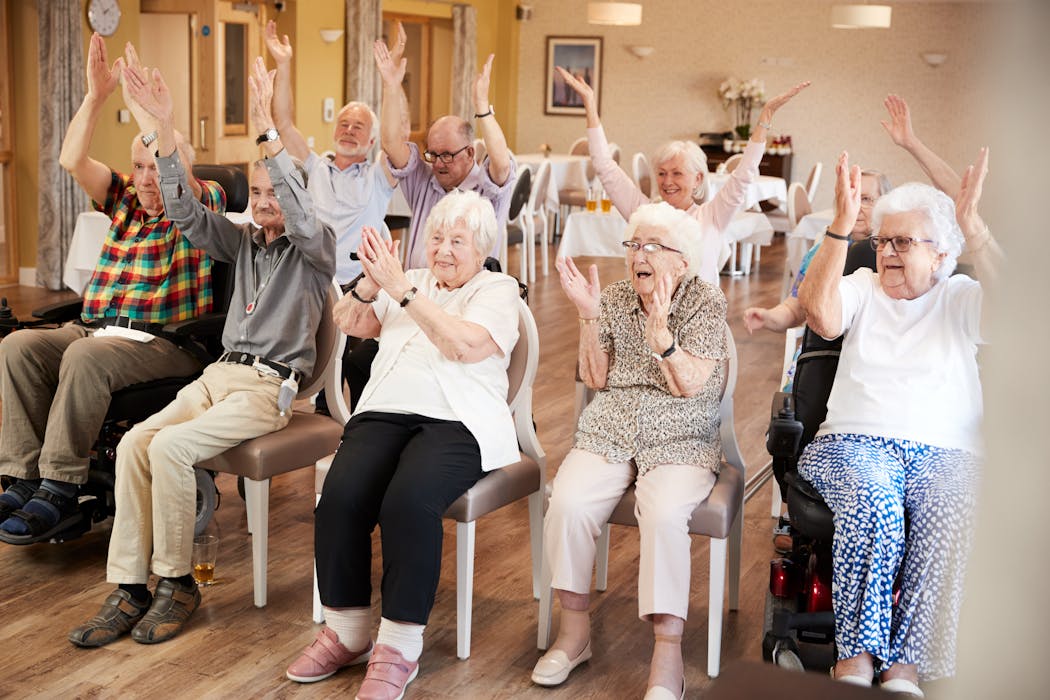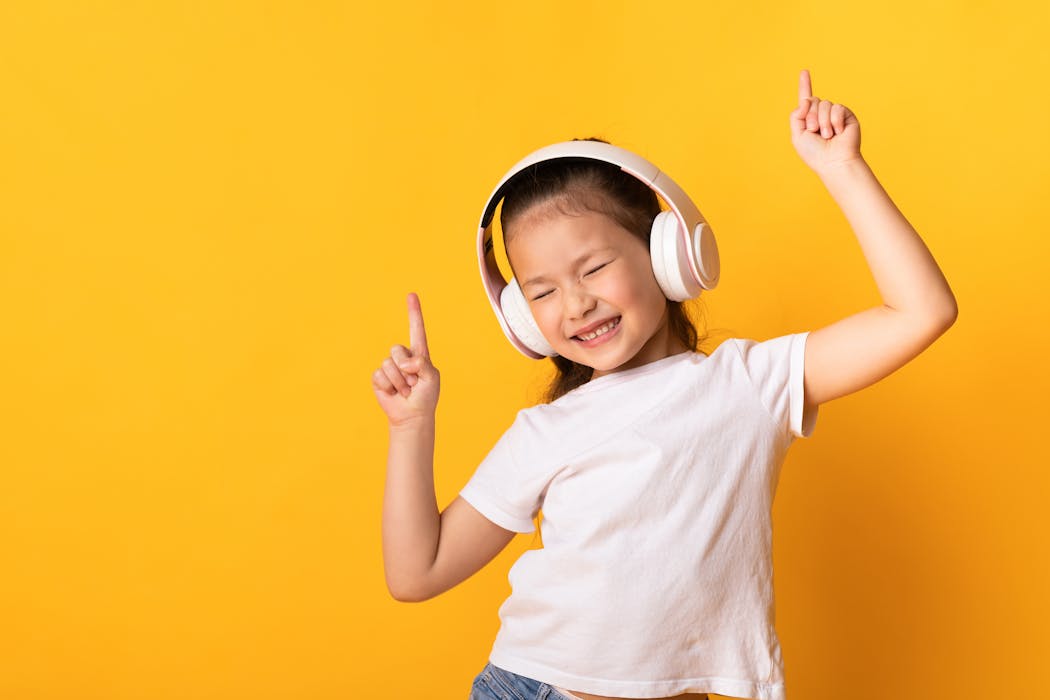Music’s effect can be observed in the whole body, down to the level of our DNA. It is simultaneously processed in the entire brain, overlapping with regions which control language, movement, memory, balance, coordination and much more. Music therapists can take advantage of these connections and use use music used in a systematic manner to achieve therapeutic goals or purposes. These purposes or goals may include self-awareness, social and communication-skills development, cognitive development and other forms of physical and psychological needs.
Physical goals such as improving motor functioning skills (e.g. muscle control, coordination of eye and hand, balance, locomotion, laterality and directionality. Increasing general stamina and endurance, improving general functioning of sensory organs, decrease over-sensitivity of the sensory organs, relieve pain through distraction and engagement of alternate senses, stimulation of natural pain killers, improving autonomic nervous system response, stress reduction, improving identification of body part, and improvement in speech dexterity.
Cognitive goals are comprised of improved learning abilities such as memory, impulse control, recognition, learning, perception, improved communication, alertness, environmental awareness, integration experiences.
Psychological goals include improved emotional awareness, impulse control, elevated mood, reduction in stress, trauma, fear of illness, enhanced assessment of self and that of the environment, improved motivation, increased impulse control, frustration control, improved decision making skills, problem-solving skills, supporting a sense of hope, developing personal insight, promoting acceptance, healing and forgiveness, improving self-direction and independence, promoting a sense of control over life, sense of accomplishment and even, promoting spiritual exploration.
Social goals fulfill needs such as establishing relationships, increasing social involvement, peer interaction, eye contact, increasing response to verbal and non-verbal cues, maintaining and strengthening interpersonal skills and improving group behaviors.
The image below shows the wide range of health areas which can be addressed through Music Therapy –
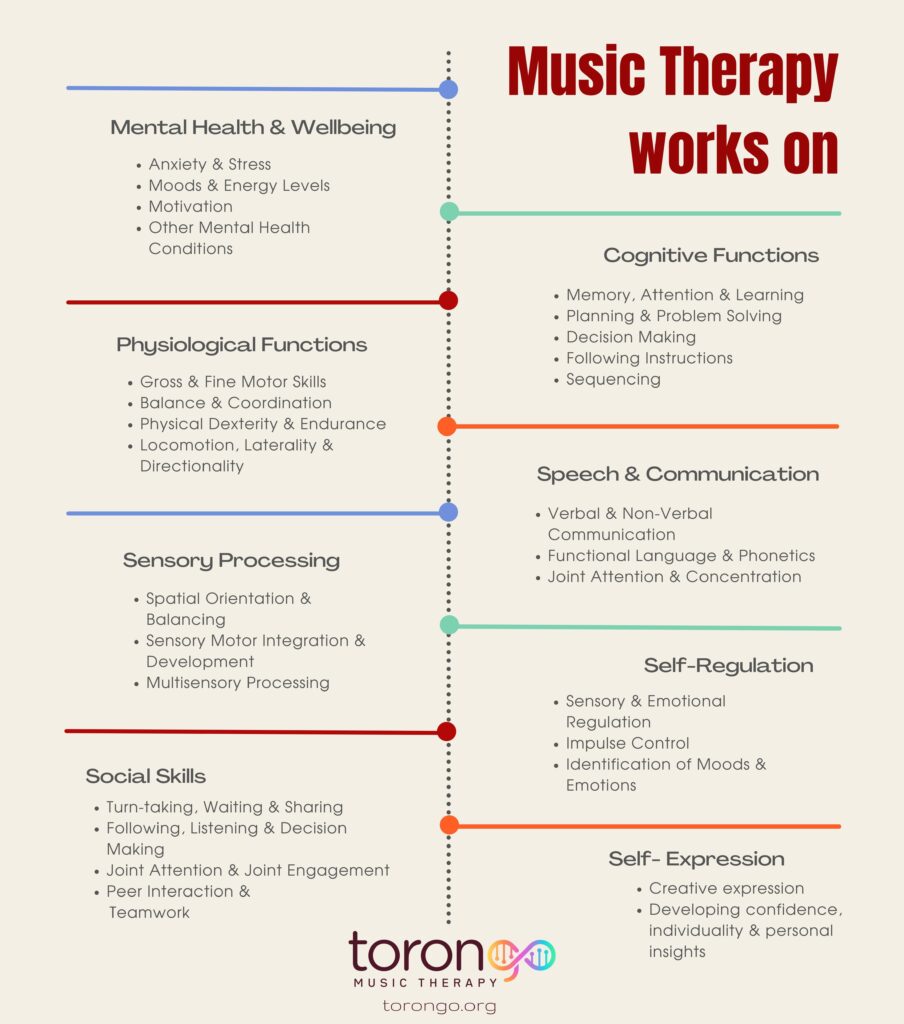
Music therapy can be used in various settings –
Hospitals: In a hospital setting, music therapy can be used to improve motor and neurological functioning, help patients relax, reduce pain and promote rehabilitation.
Psychiatric facilities: Music therapy in a psychiatric facility is used by patients to identify and resolve conflicts, improve their self esteem, explore and express their emotions, practice how to solve problems, making or coping important decisions, improving inter personal skills, increased motivation and decreased inappropriate behavior.
Geriatrics: It helps geriatric clients improve physical functions, improved social skills, and physical functions in areas like memory, environmental awareness, motor skills etc.
As one could imagine, music therapy is notoriously adaptable for a wide range of use-cases and a breakthrough in the field of complementary and alternative medicine.
Find out how Torongo Therapyplus can help you with your needs. Get in touch with us at smile@torongo.life, or call us on 02 8809 9965.

